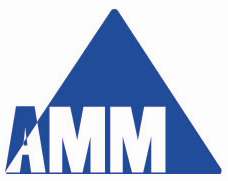Given the changes in the general conditions it is the purpose of this textbook to provide marketing professionals as well as my own marketing students with the most important theoretical, conceptual and methodological principles of marketing that are relevant in the digital era.
Marketing is a company’s market-oriented management approach which aims to offer customers better solutions to their problems than their competitors – and to generate profits within this transaction process. Marketing is therefore much more than just advertising, attractive brochures and websites that are designed to promote a company’s own products and encourage customers to buy them. This abridged understanding of marketing, which still prevails in Germany, is closely linked to the production-oriented German economy.
However, the world has changed over the past three decades: Globalization and technological progress have not only led to intensified competition and to an increasing convergence of products worldwide in terms of their functionality, quality and design. In the meantime, the market also demands skills in which companies in Germany have, for a long time, invested too little, namely in the digital transformation of the company.
More than ever, companies are faced with the challenge of moving away from their product orientation and instead placing the customer more at the centre of their strategic and operational considerations. Above all, companies should pay more attention to the wishes and needs of their customers in order to better understand their customers and to be able to respond to customer needs with attractive products or solutions. Due to its comprehensive understanding of customers and markets, Marketing is particularly suitable to contribute considerably to systematically developing its company’s competitive advantages and thus successfully differentiating it from its competitors.
